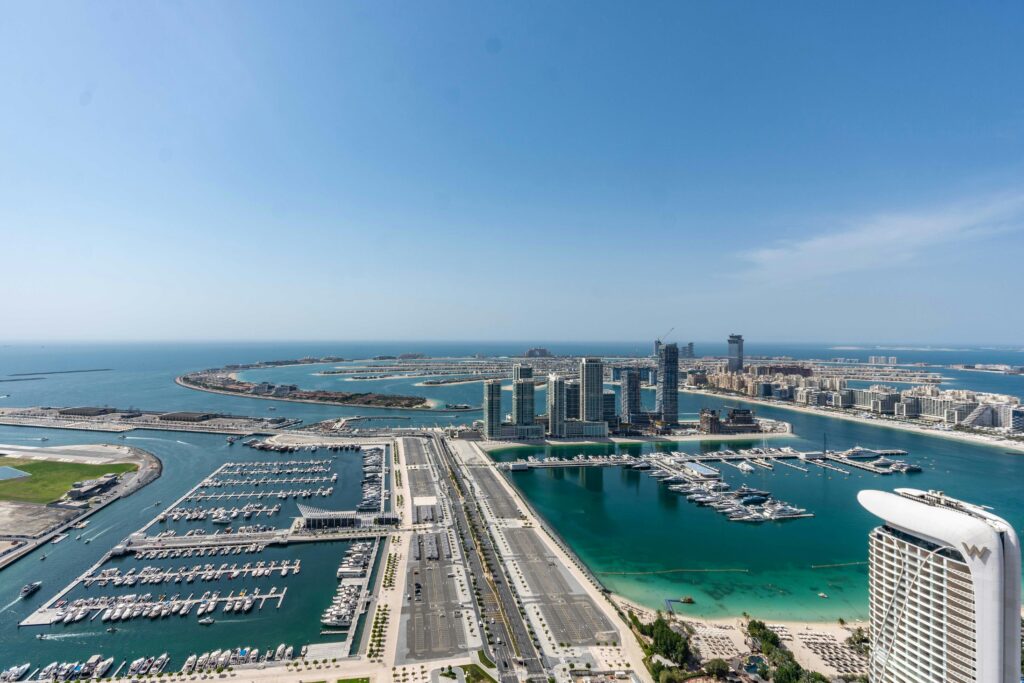The United Arab Emirates experienced an extreme heatwave on Saturday, breaking the national temperature record for May. The city of Sweihan reached a scorching 51.6°C, the highest temperature ever recorded in the Emirates during this month, according to the UAE Meteorological Authority.
This new record comes after an unusually hot April when temperatures reached up to 46.6°C. The recent heat events highlight a clear trend of rising temperatures and more frequent extreme weather in the region.
Climate experts link this pattern to global warming. Research indicates that the number of very hot days worldwide has nearly doubled in the last three decades. Heatwaves are expected to become more frequent and last longer in the coming years.
The Gulf region, with its dry desert climate, is especially vulnerable to these temperature spikes. The heatwave in Sweihan is part of a broader global climate crisis affecting many countries with rising temperatures and severe weather events.
Rising heat poses serious challenges. It increases health risks, stresses water supplies, and threatens agriculture. Governments, including the UAE, are working to reduce greenhouse gas emissions and invest in renewable energy. However, experts say global efforts must accelerate to avoid worsening impacts.
The World Meteorological Organization reports that global temperatures have risen about 1.1°C since the pre-industrial period, driving more extreme weather worldwide. The record heat in Sweihan highlights the urgent need for coordinated climate action.


